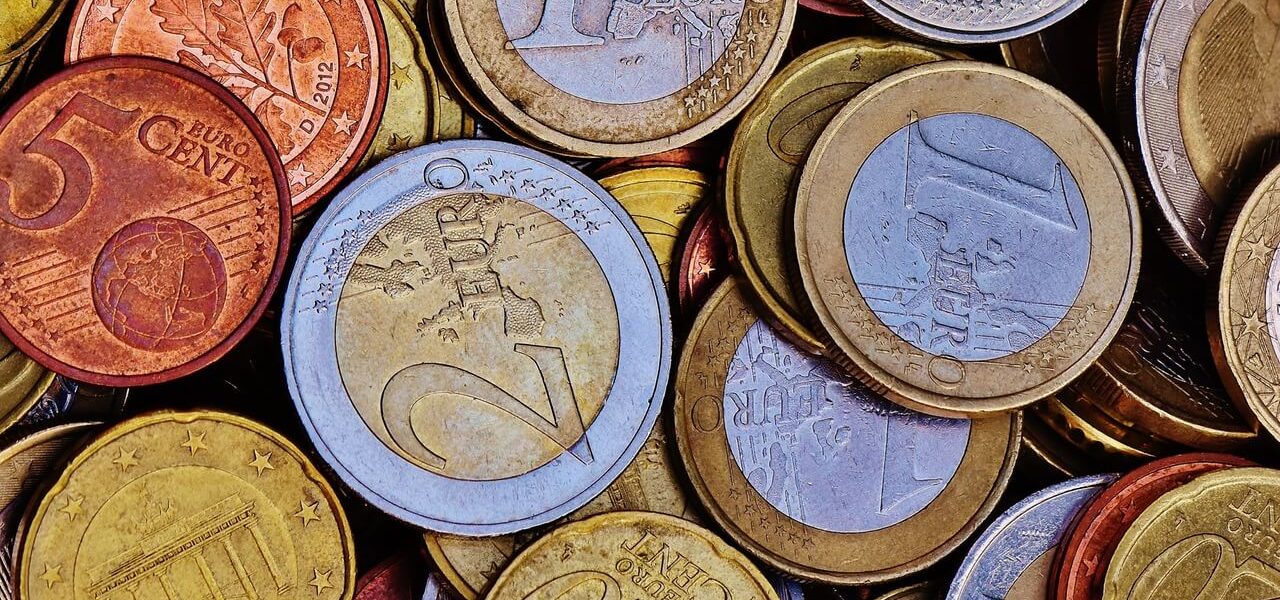How Rural Dwellers Can Beat Banking Closures
Those living out in the country have been among some of the hardest hit by a decade of bank and Post Office closures – but their misery looks set to continue if proposals to slash 200 post offices and 22 branches of Ulster Bank happen.
In the last ten years, rural dwellers have found their banking and savings choices have been severely curtailed as financial institutions desert hundreds of towns and villages across the country. For some, that could mean a two-hour drive just to carry out basic banking tasks most people take for granted. For those who can’t drive or travel ever-increasing distances due to age or disability, the only choice left means taking a significant risk with their money – saving their money at home.
Martin Stapleton, the Irish Farmers’ Association’s farm business chairman, is keenly aware of plans to cut still more post offices threaten those out in rural homes, saying:
‘Any post offices closures would have huge social implications for rural Ireland. Post offices offer various services, which people would have to do without if their local post office is gone.’
Despite news of the planned closures, there are other alternatives to traditional banking that can help keep your money safe.
Get a bank vault
Because of the high annual cost of a vault, which can run into the thousands, this choice may not be for everyone. If you’re concerned about keeping quantities of cash at home, and of potential break-ins, a bank vault is undoubtedly one of the most secure choices going. However, since many banks now refuse to offer safety deposit boxes, you’re most likely to find your nearest bank vaults are in Dublin – which is great if you live near the capital or don’t intend to touch your money for some time.
Buy a safe
If you’re intent on storing money at home, it’s recommended to invest in a safe. There are plenty of options on the market, so it’s worth researching the various models out there to find the one best-suited to your needs. Of particular concern is the price you pay; cheap safes may be the right price for your budget, but criminals can easily loot them.
Also, should you be depositing a large amount in your house, it’s worth looking to bolster that security with a full-scale alarm system and CCTV recording.
So, saving at home is an option, but one many would advise against, including rural communities representative Seamus Boland, CEO of Irish Rural Link, who said:
‘We are continually surprised at the number of people who still have cash in their home. Under no circumstances should you keep money at home. Get it into your credit union or bank. Criminals are more likely to use excess or extreme violence in burglaries today than they would have 10 or 15 years ago.’
Join a credit union
As Boland suggests, credit unions are a trusted substitute to traditional banks, and if there’s one in your area, this could well be the next best thing to using basic banks and post office services. In its most basic form, a credit union will provide a simple savings and personal loans, which will be sufficient for anyone looking to pay in their salary, pension, or benefits.
Just don’t expect many other services, such as current accounts, mortgages, credit, and debit cards. Although credit unions are changing, with a handful now approved to issue debit cards and others seeking to offer members mortgages, most credit unions simply don’t offer these ‘luxuries’ at present. In fact, if you’re opening a new account, some credit unions will even cap how much you can save.
As with any financial matter, it’s worth doing the research on your chosen credit union. Not all of them have strong track records or impeccable finances, and besides, you’ll want to know for sure whether it’s the right choice for you.
Bank online
Online banking has come a long way in the last few years, becoming easy to set-up and easy to use – whether you’re on a computer or mobile phone. Little wonder that their popularity has skyrocketed as it’s become more secure and convenient to use.
It’s like having a bank in your home, except, without the yawning teller in front of you. Online banking portals offer almost every service you’d typically find in a bank, from applying for credit cards and loans to arranging and maintaining direct debits from your accounts.
The perfect substitute, then, for those who find themselves stranded without a bank, and don’t mind the lack of face-to-face contact. Or so it seems. The biggest problems rural dwellers are likely to find are, at best, sluggish broadband speeds and, at worst, no internet whatsoever.
And at this worrying stage, it’s a case of waiting to see which comes first: Full nationwide broadband coverage or total wipe-out of rural post offices and banks.
Article by Steve @ LoansIreland.ie – Ireland’s only independent loans comparison website.
Banking
